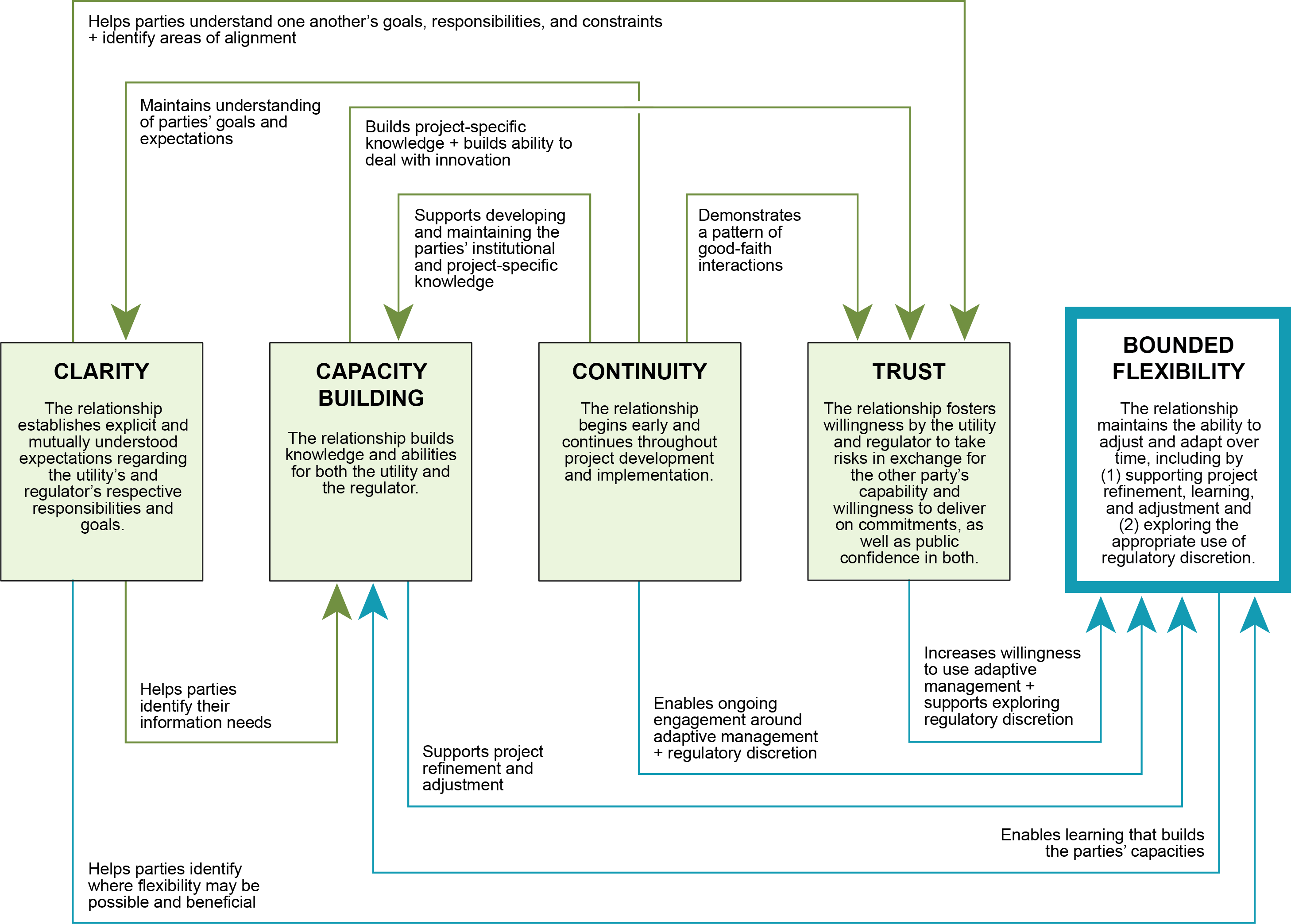Region: National
Has the Supreme Court Declared Open Season on Interstate Commerce?
How to read a baffling Supreme Court ruling.
If you’re a lawyer or a lower court judge, you know you’ve got a problem when the Supreme Court’s opinion begins with a list of parts of the opinion that do or don’t have a majority, along with a list of what different permutations of judges said what about the issues. The Pork Producers case …
Continue reading “Has the Supreme Court Declared Open Season on Interstate Commerce?”
CONTINUE READINGA Climate Trial in Montana Sets the Scene for More
Held v. Montana is the first of many climate lawsuits by youth plaintiffs to go to trial. Big Sky Country is a fitting forum for this phase of climate change litigation.
Young people who have the most to lose from climate change have filed lawsuits in all 50 states, but the first of these cases to go to trial will be in Montana—unofficially nicknamed “the Last Best Place”—which may be the perfect venue for a landmark trial about government culpability for the global climate crisis. Starting …
Continue reading “A Climate Trial in Montana Sets the Scene for More”
CONTINUE READINGThe role of regulatory relationships in wastewater innovation
by Nell Green Nylen, Michael Kiparsky, and Anita Milman
Public water and wastewater utilities are increasingly struggling to meet society’s expectations. Their basic infrastructure is aging, budgets are tight, and they face a barrage of stressors, from population growth to climate change and shifting regulatory expectations. What’s more, in addition to performing their traditional function of protecting human health and water quality, many wastewater …
Continue reading “The role of regulatory relationships in wastewater innovation”
CONTINUE READINGThe Biden Power Plant Rule and the Major Question Doctrine
The new rule has hardly any of the features that caused the Supreme Court to strike down the Obama rule.
We’ve already started to hear claims that the Biden power plant rule falls under the major question doctrine, which the Supreme Court used to strike down Obama’s Clean Power Plan. Are those claims plausible? Consider the aspects of the Clean Power Plan that the Supreme Court found objectionable. I’ve identified eight factors that the Court …
Continue reading “The Biden Power Plant Rule and the Major Question Doctrine”
CONTINUE READINGNew York’s New Environmental Justice Law
Unless amended or carefully implemented, there’s a risk the law could hurt the communities it’s meant to serve.
New York has enacted what may be the country’s most stringent environmental justice law. The state deserves credit for its commitment to remedying the unfair pollution burdens placed on disadvantaged communities. The law is so broadly worded, however, that it may have the potential to prevent economic development that would aid those communities, or even …
Continue reading “New York’s New Environmental Justice Law”
CONTINUE READINGTaming the Dormant Commerce Clause
A new Supreme Court opinion is good news for state climate regulators.
Although the Constitution does not say so directly, the Supreme Court has said there are implied limits on state regulations that interfere with interstate commerce.. This is known as the dormant commerce clause doctrine. State clean energy laws have been bedeviled by challenges based on this doctrine. The Supreme Court has just made it easier …
Continue reading “Taming the Dormant Commerce Clause”
CONTINUE READINGCan The Major Questions Doctrine Break The Debt Ceiling?
NAGE’s New Lawsuit Makes A Strong Case That It Can
Last week I argued that a lawsuit from a private party challenging the debt ceiling would be a good way to break the impasse between President Biden and GOP terrorists. Well, as it turns out, someone has done just that, although not on my account. This lawsuit is better than my idea, I think, because …
Continue reading “Can The Major Questions Doctrine Break The Debt Ceiling?”
CONTINUE READINGThe Philanthropy Gap
Spending relating to climate change is far too low given the urgency of the situation.
Larry Kramer, who heads the Hewlett Foundation, pointed out in a speech five years ago that climate change accounted for less than 2% of foundation spending. He called upon “anyone who cares about our children’s and grandchildren’s futures to step forward.” The situation has gotten only a bit better since 2017. In 2020, according to a McKinsey …
Continue reading “The Philanthropy Gap”
CONTINUE READINGEPA’s Power Plant Rule is Not Bold. It’s What’s Required.
It’s important to remember the regulatory history—and the growing urgency—of limiting climate change-related carbon pollution from power plants.
Today’s the day for the long-awaited release of Environmental Protection Agency regulations to tackle planet-warming pollution by the nation’s power plants. (Read the announcement here and the full text here.) The EPA is proposing a new standard for fossil fuel-fired power plants to avoid 617 million metric tons of carbon dioxide through 2042. For weeks, …
Continue reading “EPA’s Power Plant Rule is Not Bold. It’s What’s Required.”
CONTINUE READINGNew York Adopts Cap and Trade
Yes, the new NY law includes some bans on natural gas. That’s far from all it does.
Last week, New York Gov. Kathy Hochul signed major climate legislation. Press coverage focused on one small piece of the legislation: a partial ban on natural gas use in new buildings. That’s controversial and easily grasped by the public. But a much bigger part of the new law went almost unnoticed: the legislature’s endorsement of …
Continue reading “New York Adopts Cap and Trade”
CONTINUE READING













